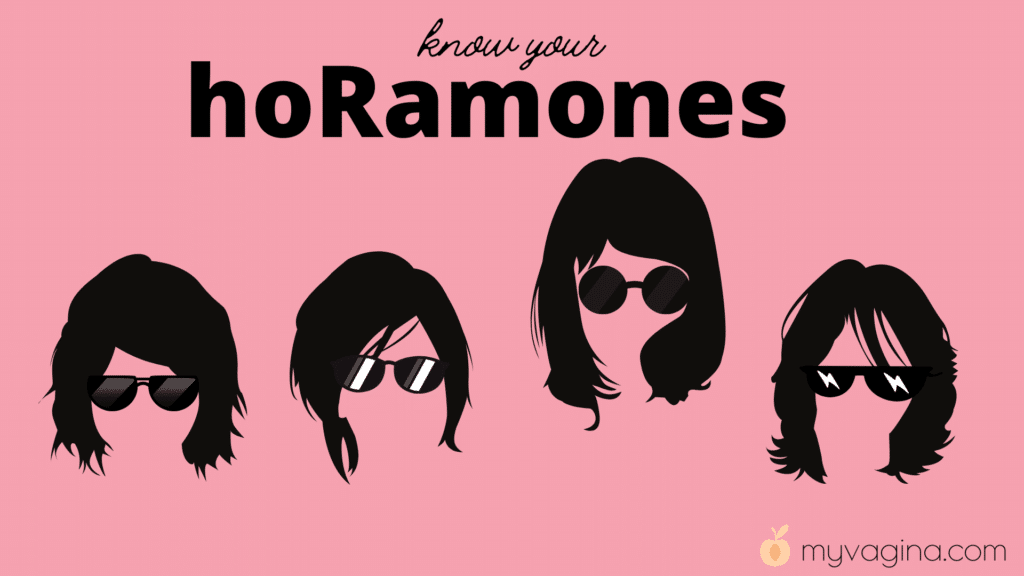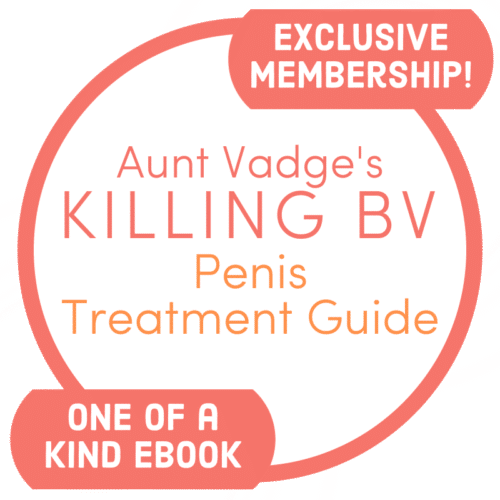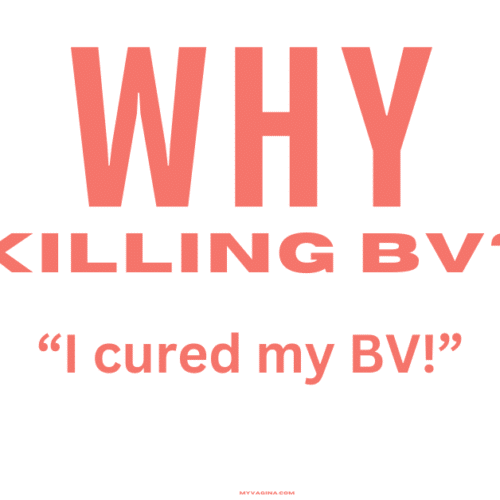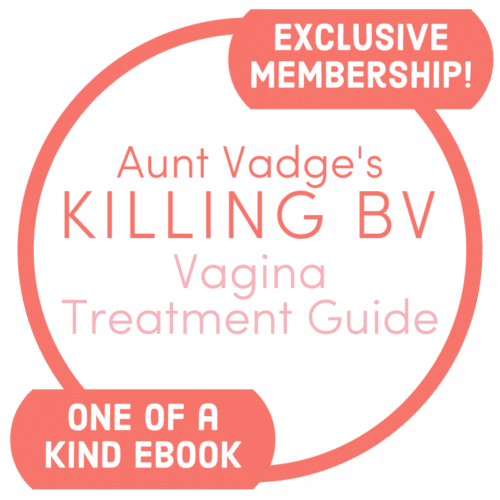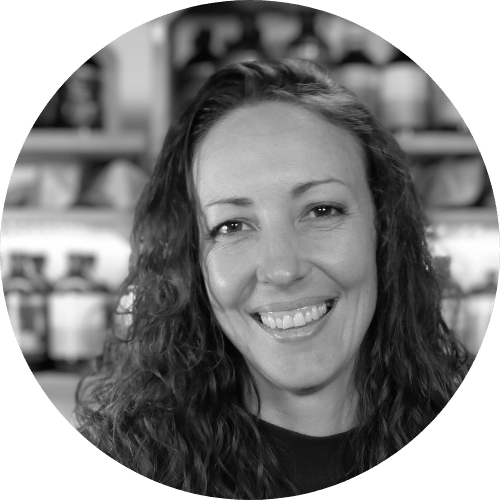The menstrual cycle is a predictable pattern of hormonal fluctuations that has many functions besides reproductive. For example, oestrogen keeps calcium in our bones and progesterone is an anti-anxiety hormone.
Understanding the menstrual cycle can seem daunting with medical terminology, so we’ve made a dummies’ guide in plain English. We’ll start off slow and work our way up, with both the medical names and the easy names so you learn as you go.
Key menstrual events:
- The bleeding part, the menstrual period, is the first day of your cycle, known as Day 1
- The brain and ovaries and uterus all work with special signals to start the process of each cycle
- Your ovary produces an egg at about Day 14
- Your uterus prepares for a fertilised egg, just in case
- If no pregnancy occurs, you start the cycle again
- Repeat from puberty to menopause (about age 11 to about age 50)
Last things first – the day your period starts – Day 1
In medicine, the first day of your period is the first day of your cycle, called Day 1. This is across the globe, and is mostly just for ease of discussion. If everyone has the same start day, we can talk about menstrual cycles.
Remember this: Day 1 is the start of your menstrual cycle! Also remember this: each cycle length, period to period, is likely to be a bit different in how many days it lasts!
You get your period, which lasts between 4-7 days. Heavy bleeding is abnormal, but it’s normal for the first couple of days to be much heavier than the rest.
Read more in our periods section
Your period is driven by a total drop in all hormones. This means you start from scratch hormonally, for your new cycle.
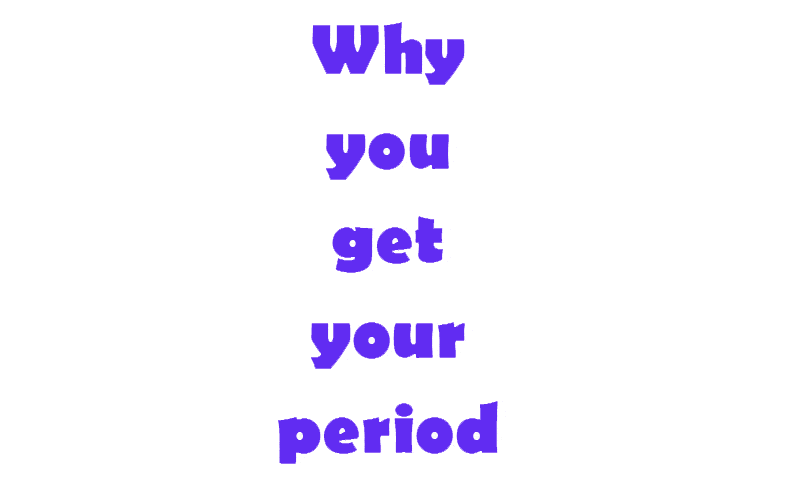
Things you may notice during your menstrual cycle (before, during or after your period)
- You may become irritated, weepy, angry, moody, have less tolerance, want to murder everyone around you
- Your bowels may change – you might get bloated, constipated, diarrhoea, gassy near to your period
- During ovulation, you may get ‘ovulation rage’ (possibly due to a spike in testosterone)
- Migraines or headaches at the same time each month
- Sex may be way better (during ovulation or before/during your period), or boring (immediately after period), or hurt (during period due to lower cervix)
- You may get more pimples
- Pain in the ovaries during ovulation, as the egg pops out
- Pain during your period due to cramping of the uterus (period pain)
All of these things are normal, but sometimes they can be extreme or severe, where they get a name: either premenstrual syndrome (PMS) or premenstrual dysphoria disorder (PMDD).
What happens after your period
- Hormone levels start to rise to get the egg to pop out of your ovary – first week or so
- Uterus starts to grow baby food – what will later become your period if the baby food is not required
- A spike in hormones to trigger ovulation – causes egg to pop out of your ovary and travel towards the uterus
- Window of a few days where you can get pregnant if sperm enters your vagina
- Egg is only viable for about 12 hours, but sperm can survive for up to five days
- Your body doesn’t know if you got pregnant until a bit later, so if you have, then a bunch of new things happen (not covered here), but if not, then your body acts like it could be pregnant, and then figures out it’s not, so you get your next period
The proper names for this cycle:
- Your period – menstruation
- The follicular phase – oestrogen rises and your body prepares to release an egg
- The proliferative phase – your endometrial lining grows thicker
- Ovulation – an egg is released from the ovary and travels down the fallopian tube
- Luteal phase – phase between ovulation and the start of your next period, progesterone is high to prepare for pregnancy (keeps foetus fed until blood supply can be established)
- Secretory phase – uterus produces substances that either help a pregnancy, or if no pregnancy occurs, prepares the lining to shed in your next period
Ovulation – release of the egg
This is actually the main event of your menstrual cycle, but many of us aren’t really sure when we ovulate.
We learn about periods as teenagers, because that affects us the most, but information from parents, friends, and sex ed neglects to inform us, properly, of when we can actually get pregnant. This is arguably more important.


